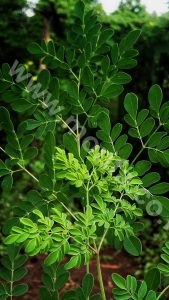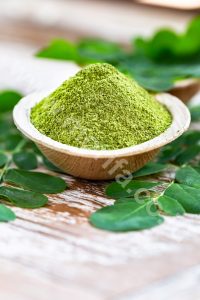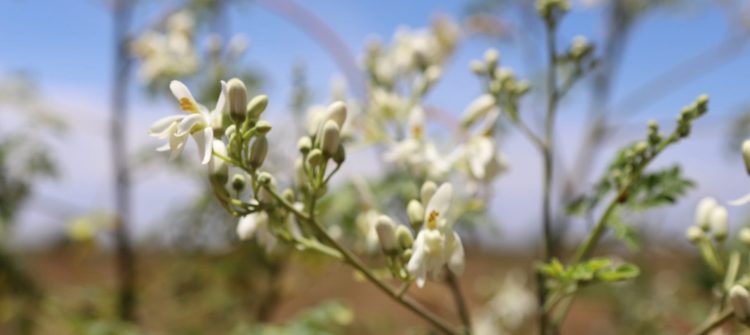Moringa The Environment-Friendly Plant
In general, Moringa is grown as a hedge and land divider. For special purposes, moringa can function as a windbreak, for soil erosion control, as a living fence, as an ornamental plant, or for intercropping with species that require indirect sunlight. Moringa plants are often used as vine poles for beans, sweet potatoes, vanilla, pepper and other vines.
Moringa grown from seed has deep roots, forming a wide taproot and thick fibers. Taproots do not form on trees propagated by cuttings. With such root forms, Moringa has the ability to resist erosion and store water. Hence it is often planted on hillside to help prevent erosion and landslides. Dry pods and fallen leaves also make the soil surface fertile because over time the leaves will become compost.
Moringa is a plant that can tolerate a variety of environmental conditions, so it is easy to grow even in extreme conditions such as very high temperatures, under shade and can survive in mild snowy areas. Moringa withstands long dry seasons and grows well in areas with annual rainfall ranging from 250 to 1500 mm. Although they prefer dry, sandy loam or loamy soils, they can live in clay-dominated soils.

Moringa is suitable for areas where winds are strong and long, drought occurs simultaneously, causing serious soil erosion. The nutritional content in the fallen leaves can fertilize and improve the quality of the marginal soil. This type of plant nature is the best choice in efforts to reforest or restore critical land which is poor in nutrients. Notoriously dry areas where other plants cannot live and function properly, moringa is here to overcome these problems. Moringa is also widely planted as an ornamental plant in the yard, as a wind protection and shade.
It is estimated that one billion people across Asia, Africa and Latin America rely on unhealthy surface water sources for their daily needs. Of these, it is estimated that around two million people die each year as a result of diseases originating from contaminated water. And the majority of these deaths occur among children less than five years of age.
Moringa seed powder acts as a natural flocculent, able to purify cloudy water. In fact, this Moringa seed powder can be used as the fastest and simplest method of cleaning dirty water. The powder binds the solids in water and submerges them to the bottom. This water purification process with Moringa seed powder is proven to be able to remove more than 90% of the bacteria contained in water, through the process of flocculation, sedimentation, and antibiosis.
Moringa seed powder has been used to purify drinking water, replacing chemicals such as aluminum sulfate, which is expensive and harmful to humans and the environment. Twenty liters of water can be purified by simply adding 2 grams of Moringa seed powder dissolved in one cup of clean water. The method is very simple, namely:

- Moringa seeds dry until smooth and take as much as 2 grams to use 20 liters of water.
- Dissolve 2 grams of Moringa seed powder in one glass of clean water.
- Pour into a container filled with cloudy water to be purified and stir quickly for 2 minutes and slowly for 10 to 15 minutes (don’t use metal tools) and leave for an hour or until the water really looks clear.
- Filter the water with a clean cloth or remove the dirt that has settled by draining it through a hose. Boil water before drinking (Gassenschmidt et al., 1995; Jahn et al., 1986 .; Kumar and Gopal, 1999; Sutherland, 1989).
For your inquiry about moringa oil/moringa powder :
Contact us :
E-mail: [email protected]
Phone: +6221-2903 4428
Fax: +6221-2903 4429
Sales Mobile/Whatsapp: +62813 8063 7778
Read more :

